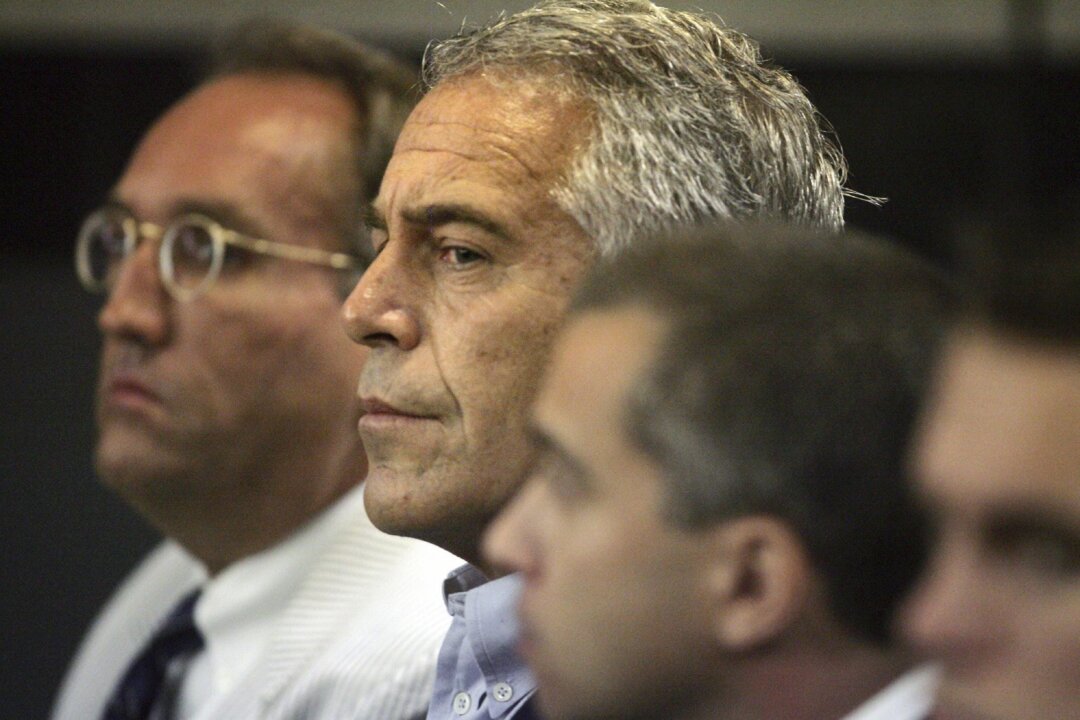DOJ Reveals Procedural Flaws in Epstein Grand Jury
The DOJ admitted significant procedural flaws in the Jeffrey Epstein grand jury, including hearsay victim testimony, an FBI agent as the sole witness, and failure to notify victims.
Overview
- The Department of Justice (DOJ) acknowledged significant procedural irregularities during the grand jury proceedings for Jeffrey Epstein's case, raising concerns about the investigation's integrity.
- A critical admission from the DOJ was that victim testimony presented to the grand jury was considered hearsay, potentially undermining its weight and direct impact on the case.
- During the grand jury, an FBI agent was the sole direct witness providing testimony, a highly unusual circumstance that raises questions about the breadth of evidence presented.
- The DOJ also confessed to not contacting victims before filing a motion to unseal Epstein's grand jury testimony, indicating a notable lack of communication with those affected.
- Furthermore, the Department of Justice initially made no effort to notify victims about the unsealing of testimony, highlighting a significant oversight in victim outreach and support protocols.
Report issue

Read both sides in 5 minutes each day
Analysis
Analysis unavailable for this viewpoint.
Articles (3)
Center (0)
No articles found in the Center category
FAQ
The DOJ admitted that the grand jury proceedings involved hearsay victim testimony, an FBI agent serving as the sole witness, and a failure to notify victims before filing motions related to the grand jury testimony unsealing.
Hearsay victim testimony means the victim's statements were presented indirectly rather than through direct testimony, which can weaken the evidentiary value and impact of the testimony in the grand jury's findings.
Having an FBI agent as the only direct witness is unusual because it suggests limited direct evidence was presented, raising questions about the breadth and depth of the grand jury's investigation and the evidence used to indict.
The DOJ acknowledged that they did not contact victims before filing a motion to unseal the grand jury testimony and initially failed to notify victims about the unsealing, signifying a breakdown in victim outreach and support protocols.
These flaws could undermine public trust in the grand jury process, raise concerns about the thoroughness and fairness of the investigation, and potentially affect the credibility and fairness of any legal actions relying on that grand jury's findings.
History
- This story does not have any previous versions.


